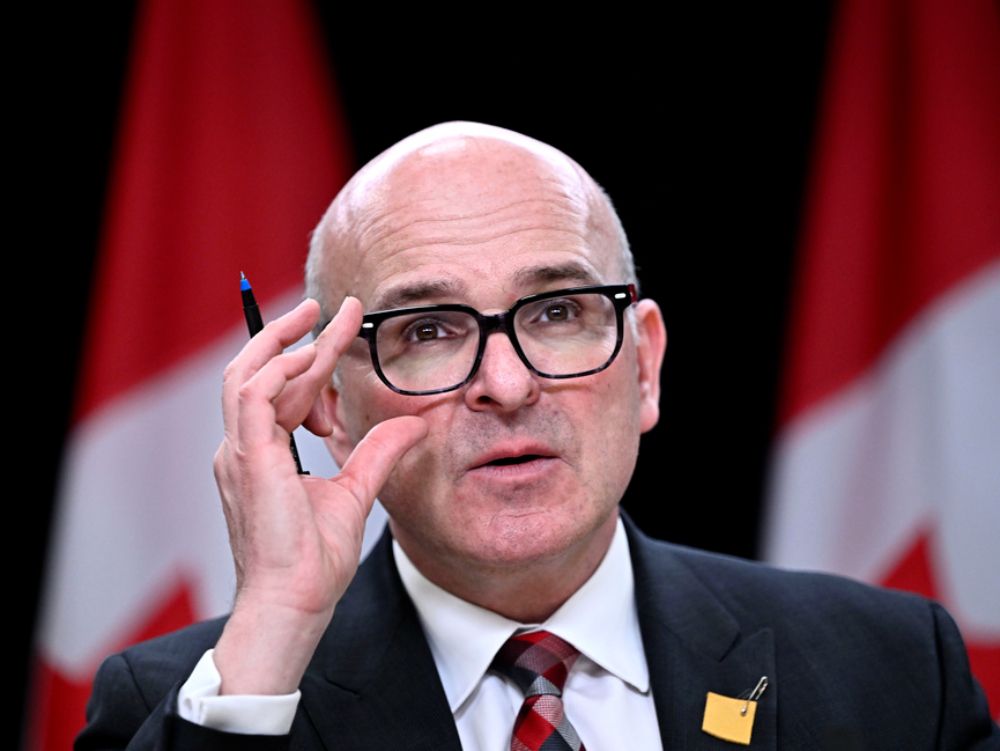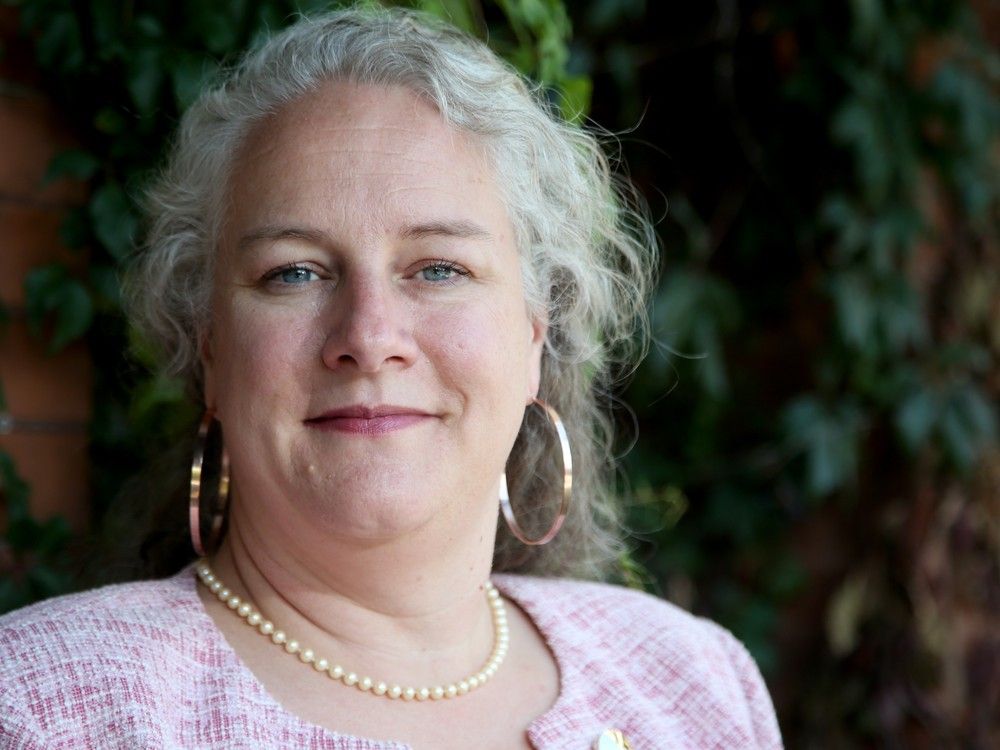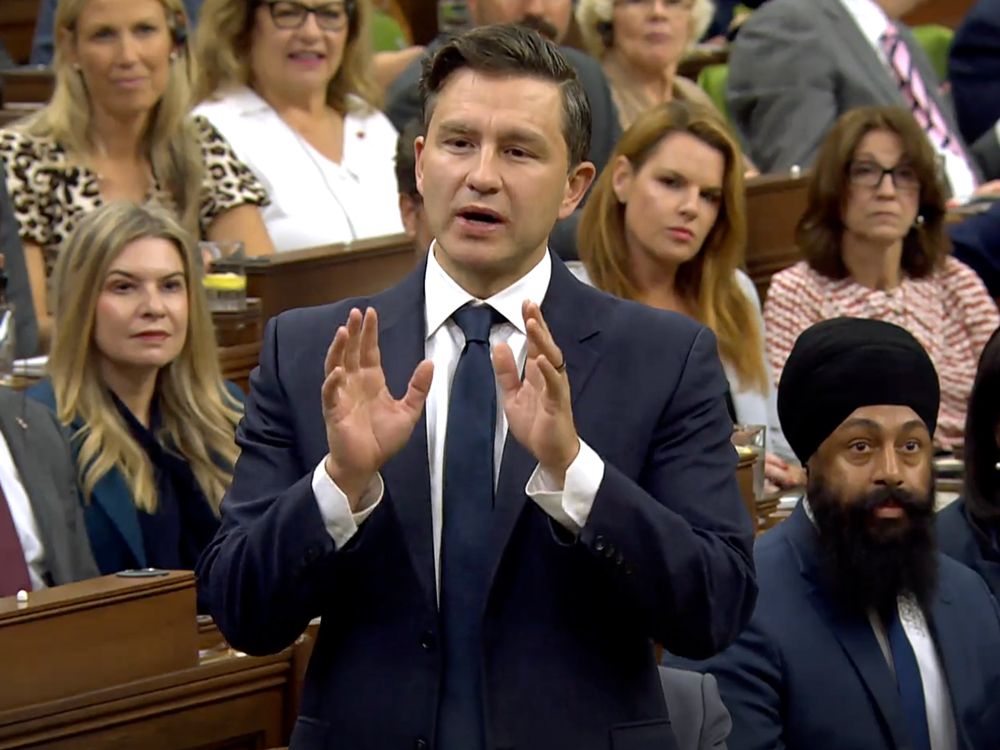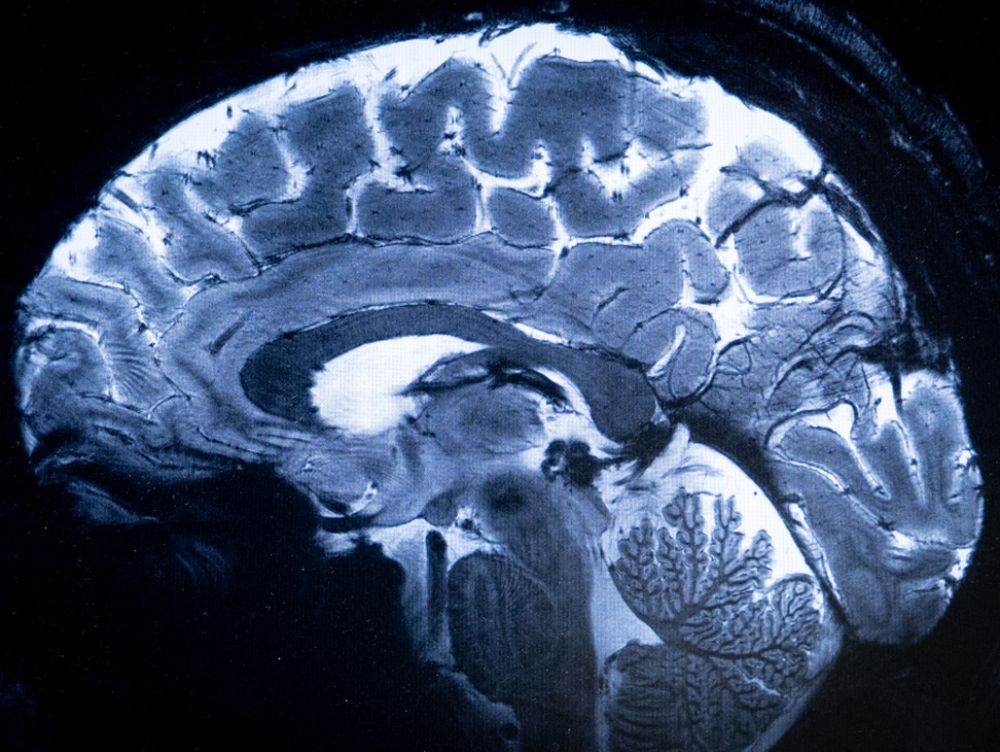Unions have become entangled in divisive international conflicts, often siding with anti-Canadian and anti-democratic ideologies.
Published Sep 07, 2024 • Last updated 0 minutes ago • 3 minute read

A disturbing trend has emerged across Canada: citizens, influenced by foreign interference and extreme ideologies, are becoming increasingly radicalized. This phenomenon threatens our democracy and is particularly evident in the current state of our labour unions.
Once a fortress of workers’ rights, many Canadian unions have strayed from their primary mission of representing their members’ interests. Instead, they have become entangled in divisive international conflicts, often siding with anti-Canadian and anti-democratic ideologies.
Advertisement 2
THIS CONTENT IS RESERVED FOR SUBSCRIBERS
Enjoy the latest local, national and international news.
- Exclusive articles by Conrad Black, Barbara Kay and others. Plus, special edition NP Platformed and First Reading newsletters and virtual events.
- Unlimited online access to National Post and 15 news sites with one account.
- National Post ePaper, an electronic replica of the print edition to view on any device, share and comment on.
- Daily puzzles including the New York Times Crossword.
- Support local journalism.
SUBSCRIBE FOR MORE ARTICLES
Enjoy the latest local, national and international news.
- Exclusive articles by Conrad Black, Barbara Kay and others. Plus, special edition NP Platformed and First Reading newsletters and virtual events.
- Unlimited online access to National Post and 15 news sites with one account.
- National Post ePaper, an electronic replica of the print edition to view on any device, share and comment on.
- Daily puzzles including the New York Times Crossword.
- Support local journalism.
REGISTER / SIGN IN TO UNLOCK MORE ARTICLES
Create an account or sign in to continue with your reading experience.
- Access articles from across Canada with one account.
- Share your thoughts and join the conversation in the comments.
- Enjoy additional articles per month.
- Get email updates from your favourite authors.
Article content
Since Oct. 7, 2023, actions by labour groups – including those representing staff at universities – have accounted for an astonishing number of antisemitic incidents tracked by B’nai Brith Canada. The normalization of hate within these groups is both a disservice to constituents, particularly Jewish and Israeli, and a source of radicalization and polarization in our society.
Some local unions, especially in universities, have unduly elevated fringe and extreme voices as representing diverse communities. They also divert union members’ dues into funds for “social activism” which align with groups promoting causes antithetical to Canadian values, such as radical organizations that support listed terrorist entities.
While activists are preoccupied with conflicts thousands of miles away, domestic labour issues remain unaddressed. Collective bargaining stagnates. Career-developing funds are left empty. Even worse, unions have so far failed to develop strategies to confront disruptive technological transformations in the workplace such as the adoption of Artificial Intelligence.
By signing up you consent to receive the above newsletter from Postmedia Network Inc.
Article content
Advertisement 3
Article content
The labour movement is at risk of becoming irrelevant. The shift in attention and resources from labour to divisive international issues comes at the expense of members’ immediate needs, often against their will, and all while they are required to pay union dues. It is also a betrayal of the social contract embodied by the so-called RAND Formula – the broadly accepted 1946 framework by which unions receive dues with the understanding that they will fairly represent all workers within their respective bargaining units.
The departure of unions from their core missions is not only a result of misplaced priorities: it stems from a failure of leadership. The case of Fred Hahn, who has been the president of CUPE Ontario since 2010, illustrates the dangers of entrenched leadership. His too-long tenure has produced a toxic union environment where power is unreasonably concentrated. In fact, his most recent antisemitic stunt – resharing a video that depicted an Olympic athlete with a Star of David tattoo transforming into a bomb – has finally caused some at CUPE to call for his resignation. By consistently dividing his constituents, Hahn has demonstrated that his actions are troublingly disconnected from the union’s core mission.
It matters little that Hahn was democratically elected in a union convention. In a democratic system, regular leadership renewal and robust checks and balances are essential to prevent the consolidation of power. Changes in leadership can bring a fresh organizational culture and an improved structure as well as priorities that better suit the urgent needs of Canadian workers.
Advertisement 4
Article content
Our policymakers must consider refining the scope of union activities to ensure they primarily address domestic labour issues. They must also consider an act to limit the term of union leaders and a requirement to publish detailed budgets to increase transparency and accountability within local chapters. These measures are not meant to limit unions’ powers – they are intended to ensure such powers are used responsibly.
Changing union constitutions is complex, but that is no excuse for inaction. The radicalization of Canadians is a complex issue with no easy solutions. With some modest reforms, unions can serve as a bulwark against extremism, securing a meaningful role in our diversifying society and technologically transforming economy. The future of Canadian labour — and the strength of our democracy — depends on making this crucial shift now.
Dr. Ori Freiman is a Post-Doctoral Fellow at McMaster University’s Digital Society Lab. Richard Robertson is the Director of Research and Advocacy for B’nai Brith Canada.
Article content
.png)
 1 week ago
17
1 week ago
17

































 Bengali (BD) ·
Bengali (BD) ·  English (US) ·
English (US) ·